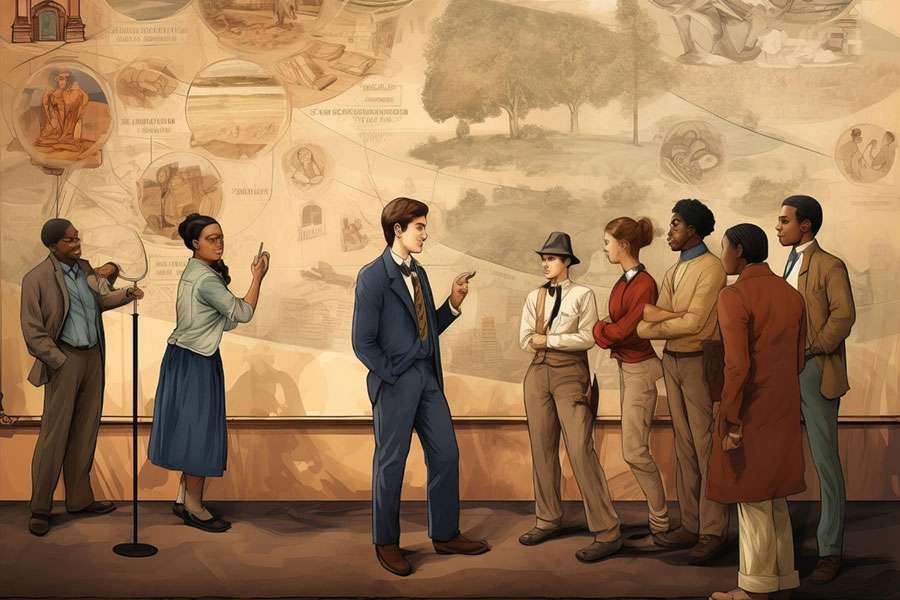By: Tony Chen, M.M
Editor: Dhania Puspa Purbasari

The concept of human capital investment which supports economic growth has existed since the time of Adam Smith (1776), Heinrich Von Thunen (1875) and other classical theorists before the 19th century who emphasized the importance of investment. human skills.
The concept of human resources has undergone significant evolution throughout history. The term was first introduced in the 1960s by economists Gary Becker and Theodore Schultz, who defined it as the knowledge, skills, and abilities possessed by individuals that can be used to create economic value.
Human capital is the stock of productive abilities and knowledge found in society. However, the idea of individual skills and knowledge being valuable assets for society and economic growth has been around for a long time. In the ancient Greek city of Athens, for example, education was highly valued and considered an integral part of citizenship. During the Enlightenment period in Europe, human resources were seen as essential to societal and individual progress.
The concept of human capital emerged due to a shift in the role of human resources. Human capital arises from the idea that humans are intangible assets that have many advantages, namely:
- When human capabilities are used and distributed, they will not decrease but will increase, both for the individual concerned and for the organization.
- Humans are able to transform data into meaningful information.
- Humans are able to share intelligence with other parties
The historical significance of human capital is related to its impact on economic growth. The accumulation of knowledge and skills can increase an individual’s productivity and earning potential, thereby contributing to economic growth. The formation of human capital, through education and training, enables individuals to be better prepared to adapt to economic changes and technological advances.
Despite its perceived benefits, human resources has been criticized for its potential to perpetuate income inequality and elitism. Some argue that it places too much emphasis on education and ignores factors such as social and economic barriers that can limit an individual’s ability to acquire human capital. Others also point out that the concept does not take into account the social and emotional competencies that are also valuable in the workplace.
Overall, the history of human capital highlights a growing understanding of the importance of skills and knowledge in economic growth. Despite facing criticism, the concept remains relevant today in discussions around workforce development and economic policy.
Don’t forget to check our list of services at https://campsite.bio/indonesiahebat to get personal development guidance or consultation about Human Resource Management and Human Capital of your company or institution.
Also keep an eye on our social media for other interesting information. Mari bersama kita melangkah menuju Indonesia hebat!
